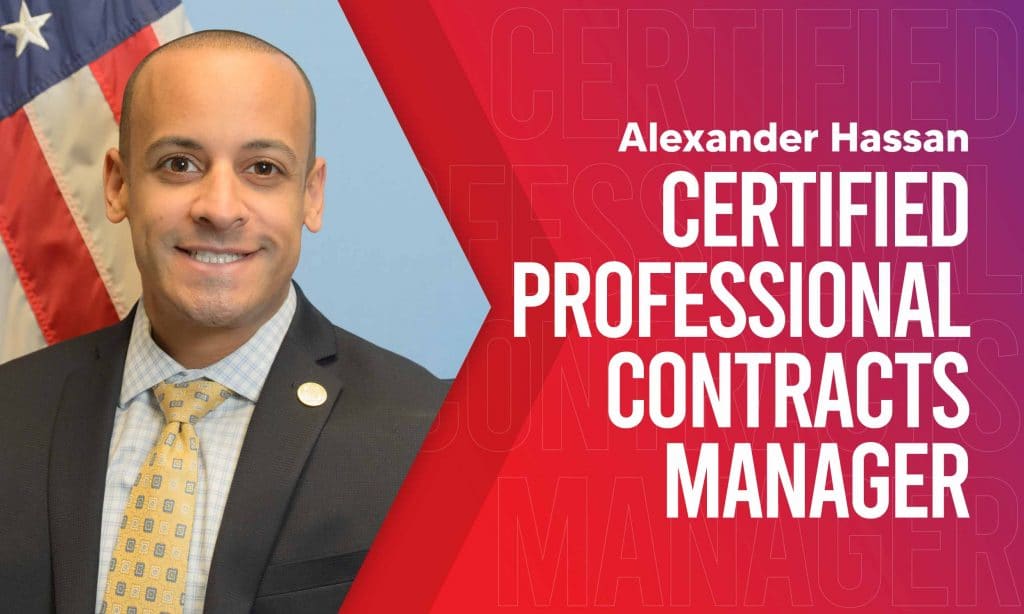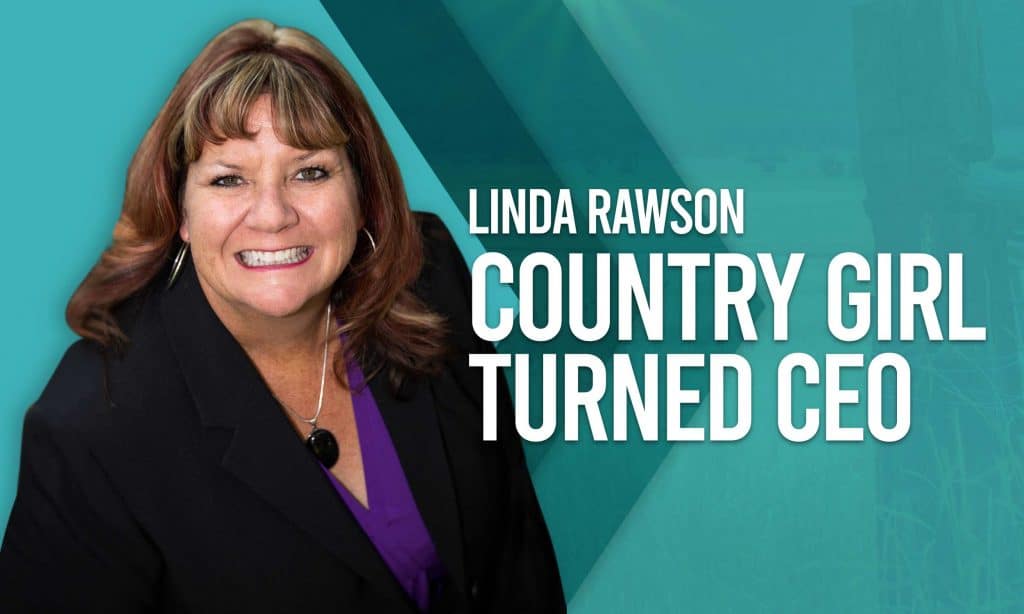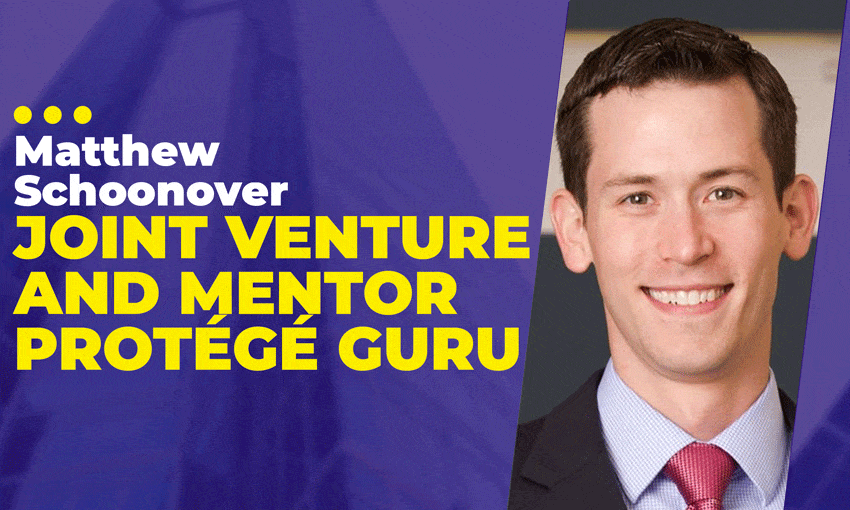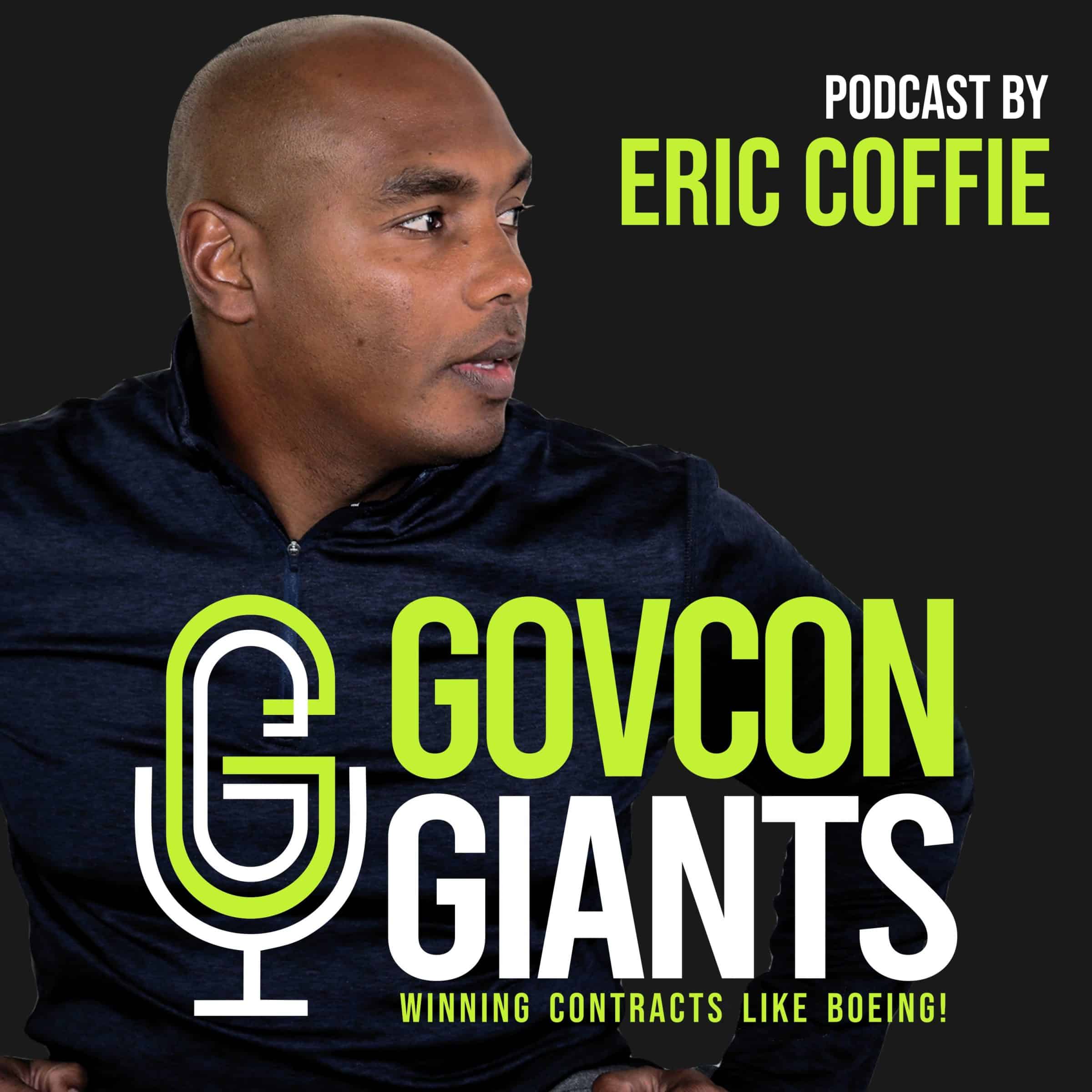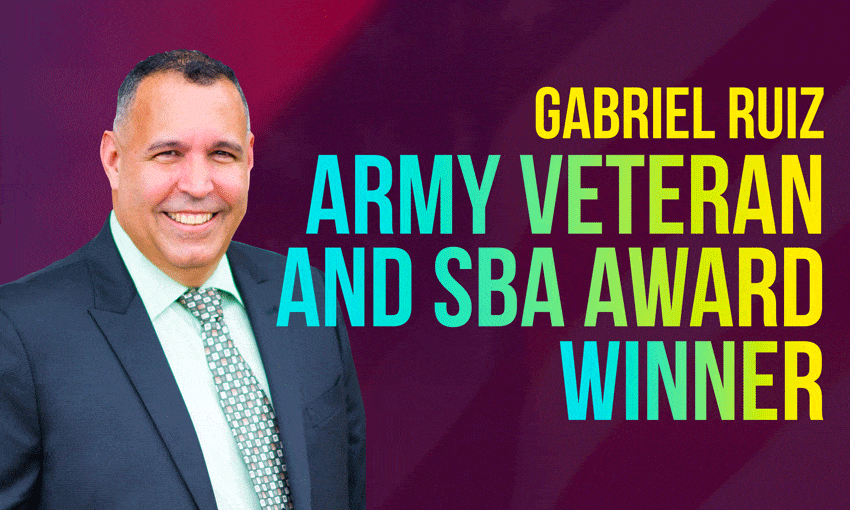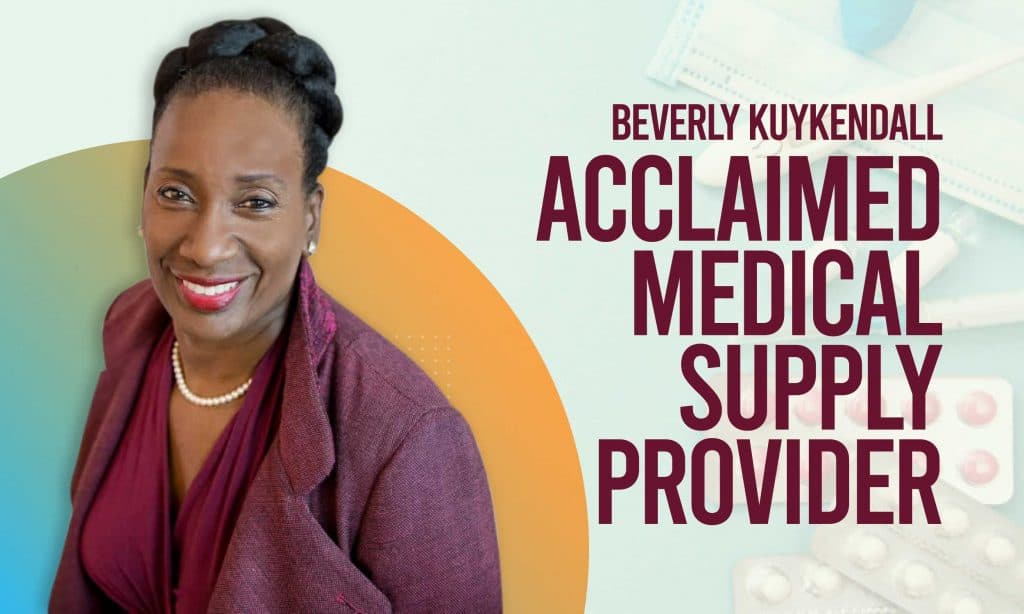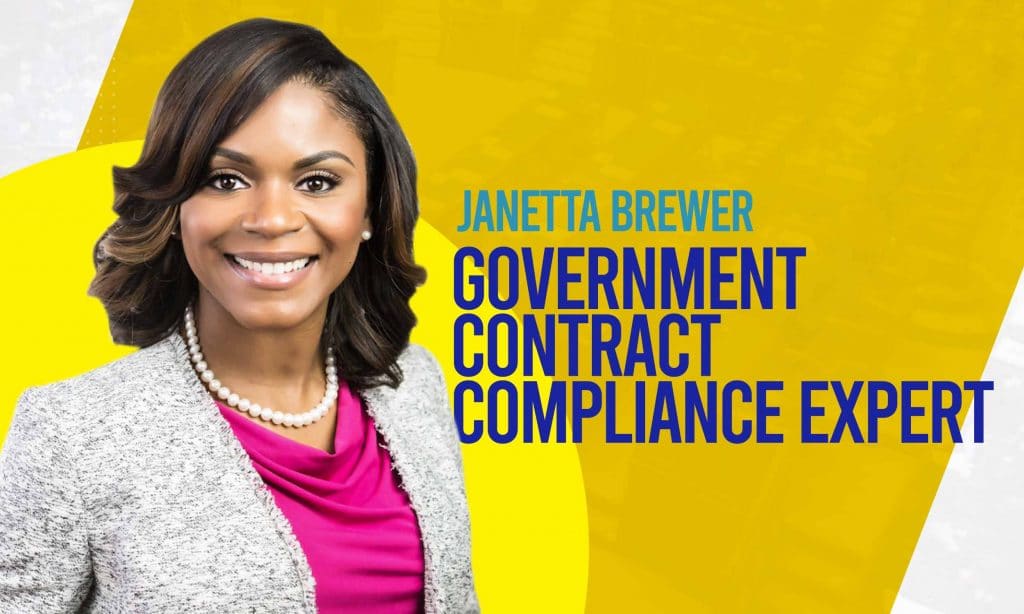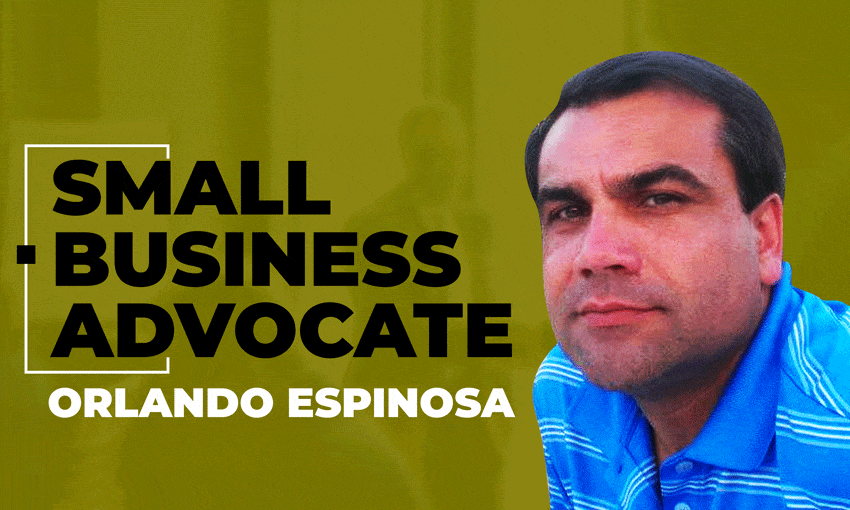An experienced and certified professional contracts manager, Alexander Hassan shares his insights about the contracting process and his advice for small businesses.
BACKGROUND
Alexander Hassan is a graduate from Liberty University with degrees including a bachelor’s degree in Environmental Biology, an MBA with a concentration in leadership, and a Ph.D. in the field of education.
He has also pursued a master’s degree in Military Occupational Arts and Sciences and attended the Business Development and Negotiation Modules in Harvard Business School.
Hassan began his career as a contracting specialist and officer in the U.S. Department of Defense (DOD) and became the Propulsion Procurement Program Lead of the F-35 Joint Program Office in 2014.
He then transitioned into teaching logistics, supply chain management, and international business in the American University and afterwards taught contract management in the Defense Acquisition University.
Currently, he is the Director of Contracts of the Pioneering Evolution, a private-owned management consulting services and software development company.
RESPONSIBILITY OF THE PROGRAM TEAM
The program team is essentially a team responsible for the acquisition process in the DOD. This team includes a program manager, engineers, finance team, other officers with different roles, and lastly the contracting officer.
Before a contract is made public, the program team first makes sure that all of the information in the contract is accurate depending on the variables made through their assessment.
This assessment is a way to make sure that a project is within the budget allocated by the Congress and that all of the contract’s proposals are realistic for the project to be performed.
“Like they would do an audit to make sure, okay, well it says 100 hours proposed. Can this actually be done in 100 hours or is it going to take 200 hours or could it be done in 50 hours?”
Then, the program team will also calculate the risk in doing the overall contract before choosing what type it is.
“It really depends on the level of complexity related to the effort and on the amount of the risk that the contractor or the government is willing to take that really has the most bearing on selecting contract time.”
ADVICE FOR SMALL BUSINESSES
Hassan recommends small businesses to communicate with other small businesses who have a federal contracting experience because these people can give you an insight on how everything works as well as learn from their experiences.
Then, you can also work with contracting consultants or a mentor as they can help you in your proposal creation as well as provide you with the necessary insight on how to improve your business and your future contract proposals.
Lastly, you should communicate with the agency’s contracting officers and specialists because they can provide you the information on what that agency needs.
Just remember to communicate with these people and the government because most of the time opportunities come to those who seek for it.
“The government isn’t going to give it to you unless you ask for it.”
RESOURCES
If you want to watch the full video of the interview with Alexander Hassan as he shares his insights about the contracting process and his advice for small businesses, then be sure to click the link down below.
025: Alexander Hassan – Professor of Contract Management
https://www.youtube.com/watch?v=p1AeW-dpk68&list=PL6-jBNNcc98vTBvNhFYfUTeH0k-Vx2VBH&index=18
https://govcongiants1.wpengine.com/podcast/alexander-hassan-professor-of-contract-management/
